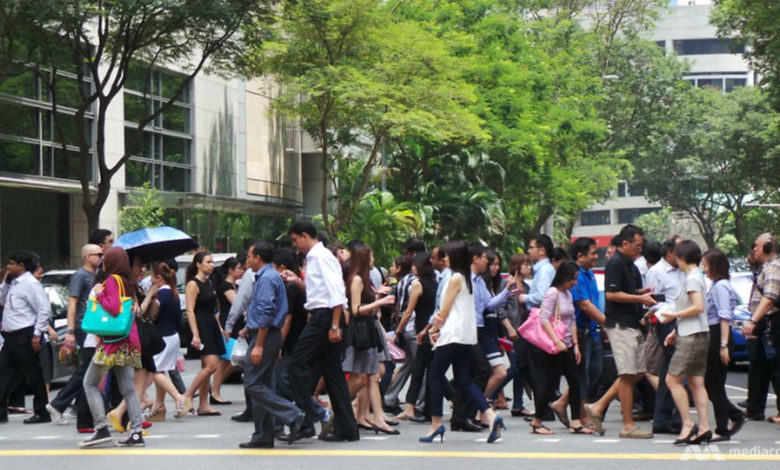1 in 2 workers in Singapore will quit their job if asked to be in office more often: Survey

Ms Jaya Dass, managing director of permanent recruitment at Randstad, told CNA that organisations must equip their middle managers with the ability to better understand what flexible work looks like, and offer that support to their teams.
“(Workers) are seeking growth and development rather than career progression,” she noted.
Ms Archana Srinivasan from the Institute for Human Resource Professionals pointed out that the COVID-19 pandemic changed how flexible work arrangements were offered. Those in Gen Z expect this, given that they have likely spent most of their work life post-pandemic.
Companies have to tackle challenges like ensuring that employees across different generations are taken care of, and that their differences do not divide them when they are collaborating in the workplace, she added.
“It’s about enabling people from different generations to thrive, not just individually but also collectively,” Ms Archana said.
Workers in Singapore are also in a “very good place” to demand or expect such flexible work options due to the element of trust between employers and employees, she added.
“I think a natural question from workers is: ‘Why should I be just sitting in the office if I can work efficiently, irrespective of where I’m based, or irrespective of the hour in which I’m working?’
“At the end of the day, what matters is the output, so I would say that’s what’s changed,” Ms Archana told CNA’s Singapore Tonight programme.





